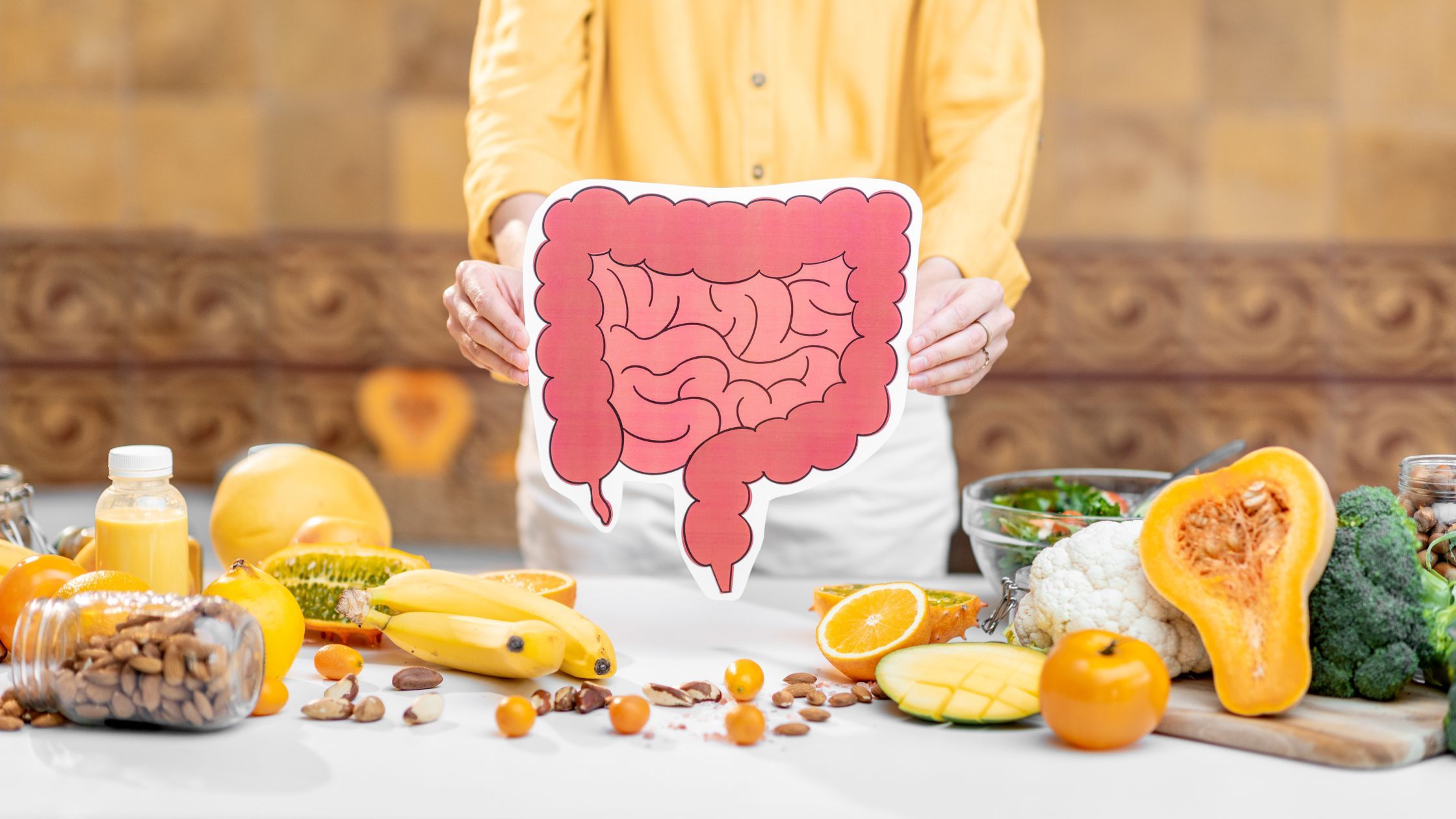How to diagnose irritable bowel syndrome
Irritable bowel syndrome can hamper your health if left untreated. If you have it, you cannot ignore it. Here are things to keep in mind when it comes to IBS.
September 30 2022 | Rachael RichardHow to diagnose irritable bowel syndrome
Irritable Bowel Syndrome (IBS) is the most widespread disorder of the digestive system in the general population. The occurrence, symptoms and signs can vary from mild to severe, causing harm to your health. The sickness is characterized by pain, cramping, discomfort, bloating and uneasiness of the GI tract.
This is also called a disorder of gut-brain interaction as it deals with signals between your gut and brain working together. Your digestive tract gets sensitized and there is a change in the bowel muscle contract causing cramps, pain, diarrhea and constipation. The accumulation of excess bacteria in the GI tract can contribute to symptoms of IBS.
Your bowel moment can explain the type of IBS you have:
IBS with constipation: mostly hard and lumpy stool.
IBS with diarrhea: watery and loose stool.
IBS with mixed bowel: constipation and diarrhea on the same day.
Causes of IBS

There are several reasons that causes irritable bowel syndromes. Here are some of the reasons why it happens:
Malfunctioning
It is a condition in which the muscles of the digestive system become weakened, change in speed and lack coordination or stamina in the digestive organs.
Visceral sensitivity
The verge of bearing pain in the internal organs is lowered.
Brain-gut interaction
Confused and poorly coordinated signals between the gut and the brain can result in pain, constipation, or diarrhea.
Contractions in muscles of the intestine
The muscles on the walls of the intestine contract as the food moves through the GI tract. When contractions get strong and last long, they cause heaviness, gas and diarrhea. On the other hand, weak contractions will slow down the food passing leading to dry hard stools.
Acute infection
A severe bacterial or viral infection can lead to the development of IBS. This is termed gastroenteritis. Bacterial overgrowth in the intestine can account for IBS. Post-infection of the GI tract can lead to IBS.
Stress
Exposure to stressful episodes and childhood stress can lead to symptoms of IBS.
Alterations in gut microbes
Gut microbes like bacteria fungi and viruses play an important role in maintaining health. Those who are diagnosed with IBS show a different microflora when compared to healthy people. There is a change in the quantity and quality of microflora.
Colon sensitivity
This is due to stress, food, physical stimulation, inflammations, or infections that can sensitize the colon.
Genetic factors
Studies show that the prevalence of IBS has been influenced by genetic factors. Family members of patients undergoing IBS may show similar GI issues.
Serotonin
Serotonin promotes through motility, secretion and visceral sensation in the GI tract.
Symptoms of IBS

Flatulence
Experiencing pain in the lower abdomen
Feeling inflated
Altered (Hard or loose) bowel moment than usual. This can be based on the volume, consistency and frequency of the patient's stool.
Constipation and diarrhea
Mucus in your poop
Frequency of having a bowel movement
The sensation of incomplete evacuation
Women on periods experience a flare-up of the symptoms. It can happen repeatedly and can cause stress and pain. Working on how to manage these flare-ups and control the issue can help you mentally and physically.
Diagnosis of IBS
If you have been experiencing symptoms of IBS, immediately contact the nearest health care. Depending on the symptoms you experience, tests will be done. Blood and stool samples will be collected and a test will be performed to confirm IBS. You can follow these simple steps to lower the risk of IBS.
Change your dietary intake
Take probiotics
Exercise to relieve stress
Drink plenty of water
There are medicines for the treatment of IBS
Take them under the guidance and consultation of your physician.
Anti-spasmodic drugs
Anti-depressant drugs
Probiotics
Antibiotics
Osmotic laxatives are mostly used for the treatment of constipation
Anti-diarrheal agents
When to see a doctor

In case the symptoms persist and do not subside, they can lead to serious health issues such as colon cancer. Serious symptoms you need to pay attention to:
Weight loss
Diarrhea at night
Rectal bleeding
Anemia
Unexplained vomiting
Constant pain during flatulence or a bowel movement
Disclaimer : Beem Wellness provides general education on health and wellness. The content on this blog, website or any linked material is not intended and should not be considered, or used as a substitute for, medical advice, diagnosis or treatment. If you or any other person has a medical concern, you should immediately consult your health care provider.
In case of medical emergencies, please call 911.

